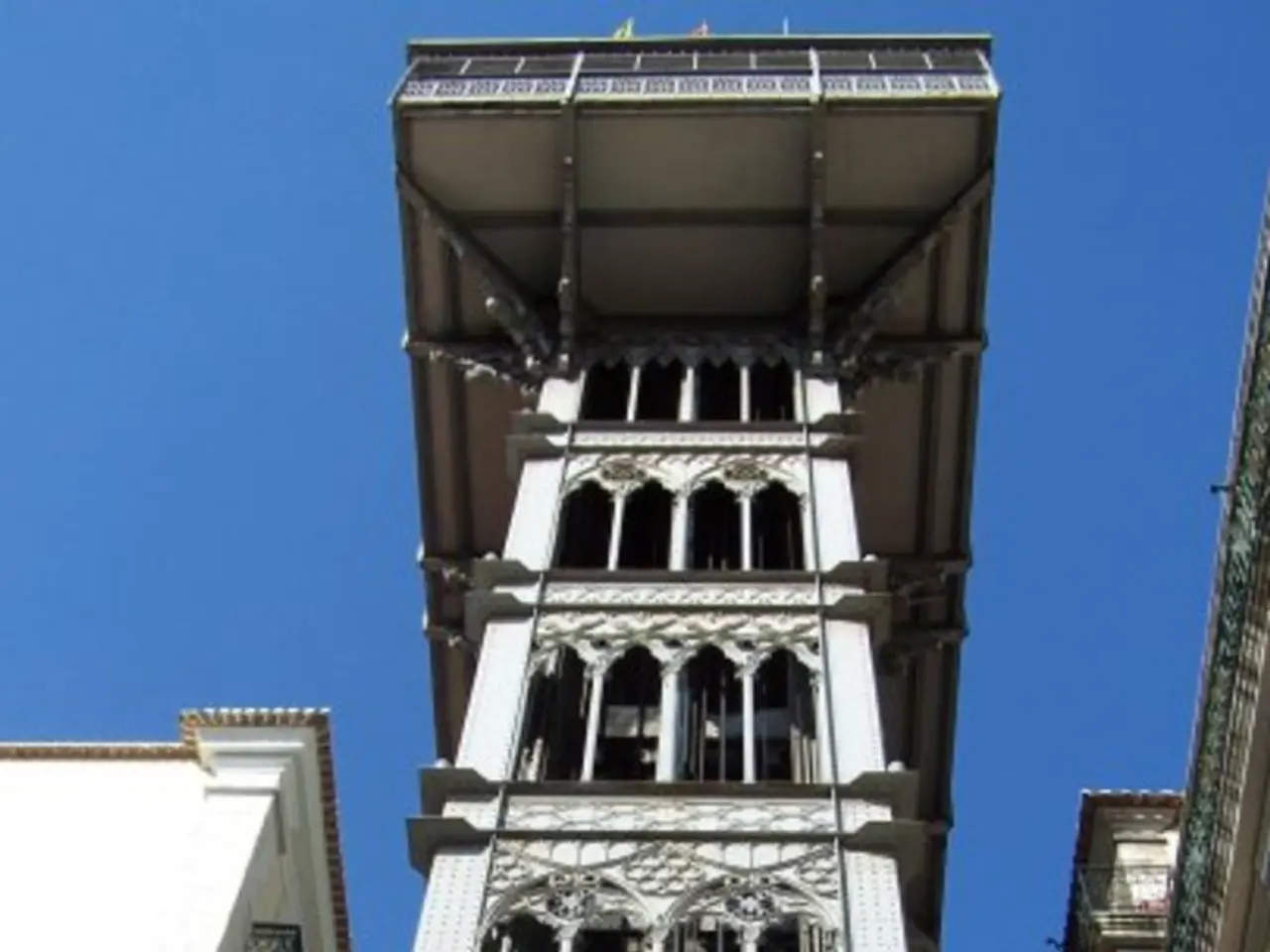Severe water scarcity exacerbates food scarcity and forces displacement in Gaza
The water crisis in Gaza has reached a critical point, posing a severe threat to public health after nearly 22 months of conflict between Israel and Hamas. More than 80% of Gaza's water infrastructure has been damaged or destroyed, limiting access to clean water and sanitation.
Fuel shortages have compounded the crisis, preventing the operation of desalination plants, water pumps, and sewage systems. As a result, most residents have far less than the World Health Organization's emergency minimum standard of 15 liters per person per day.
Only about 40% of drinking water facilities remain functional, and water production is less than half of what it was during the last ceasefire in March 2021. With many water mains pipes and wells damaged or contaminated by sewage, the population is exposed to waterborne diseases and dehydration.
Water supply interruptions have caused widespread thirst, malnutrition, and exhaustion among civilians, with aid groups struggling to provide limited clean water through irregular deliveries. Hospitals and ambulances face shutdown threats due to the acute fuel shortage needed to sustain water and sanitation services, further endangering public health.
Repair and restoration efforts for damaged pipelines and desalination plants remain stalled amid ongoing conflict and restricted fuel access, hampering any immediate recovery.
A United Arab Emirates-led project is expected to bring a 6.7-kilometre pipeline from an Egyptian desalination plant to the coastal area of Al-Mawasi, in Gaza's south. However, water trucks and NGO-installed taps provide limited relief and are not sufficient for the population's needs.
In 2021, the UN children's agency UNICEF warned that nearly 100% of Gaza's groundwater was unfit for consumption. Hundreds of thousands of people in Gaza are still trying to extract groundwater directly from wells, but coastal Gaza's aquifer is naturally brackish and far exceeds salinity standards for potable water.
The water crisis in Gaza is receiving less media attention than the ongoing hunger crisis, but its effects are just as deadly. Local authorities attribute this to war damage to Gaza's water distribution network, with many mains pipes destroyed. Many wells that supplied some needs before the war have been damaged, with some contaminated by sewage due to the conflict.
The situation is dire, with at least eight people killed by an Israeli strike near a water distribution point in Nuseirat refugee camp on July 13. Mahmoud Deeb, a 35-year-old resident of Gaza City, acknowledged that the water he finds in Gaza City is often undrinkable, but his family has no alternative. At home, everyone in his family is thirsty, a sensation he associated with "fear and helplessness."
Gaza's prominent families have issued a cry for help, calling for the immediate provision of water and humanitarian aid, the rapid repair of infrastructure, and a guarantee for the entry of fuel. Aid workers stress that there is no survival without drinking water, and no disease prevention without sanitation.
References:
- Amnesty International
- UNICEF
- WHO
- OCHA
- Middle East Eye
- The water crisis in Gaza, caused largely by the effects of war-and-conflicts between Israel and Hamas, has severely impacted health-and-wellness, with more than 80% of Gaza's water infrastructure destroyed or damaged.
- The scarcity of clean water in Gaza, exacerbated by fuel shortages, has resulted in the population being exposed to waterborne diseases and dehydration, and has contributed to the widespread occurrence of thirst, malnutrition, and exhaustion among civilians.
- Political obstacles and ongoing conflict have hindered repair and restoration efforts of damaged pipelines and desalination plants in Gaza, hampering any immediate recovery and worsening the environmental situation.
- In light of the dire humanitarian situation in Gaza, political leaders are urged to address the crisis in environment, health-and-wellness, and general-news by providing immediate humanitarian aid, repairing infrastructure, and ensuring the safe entry of essential resources like fuel and clean water.








